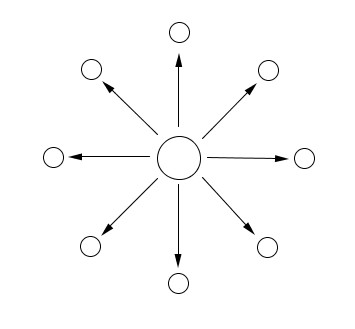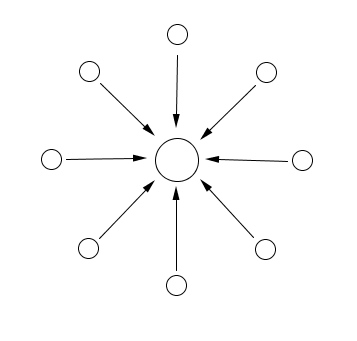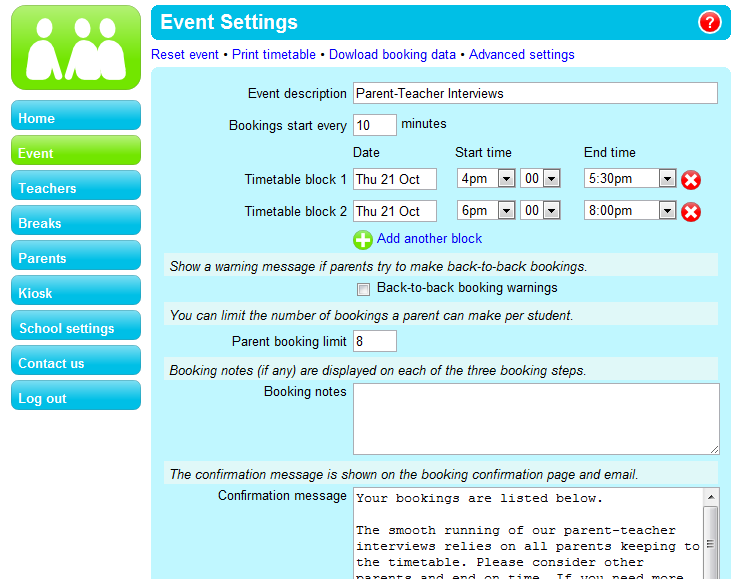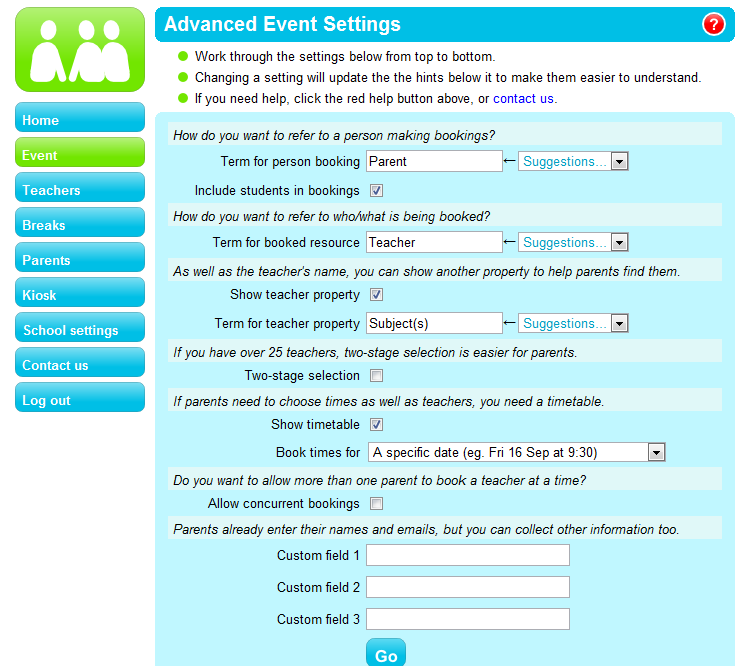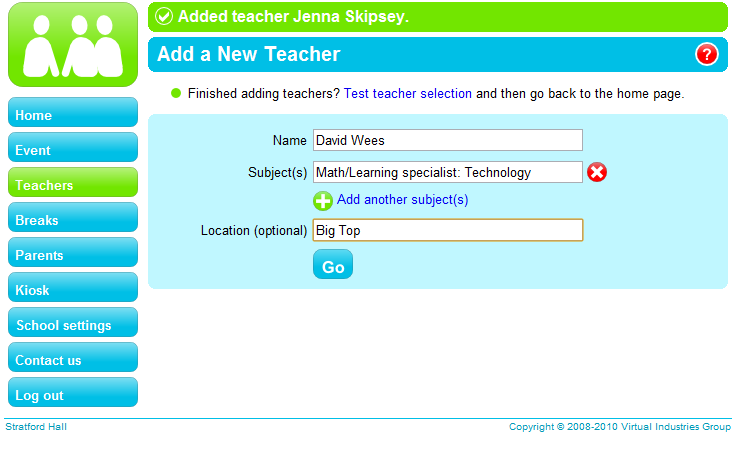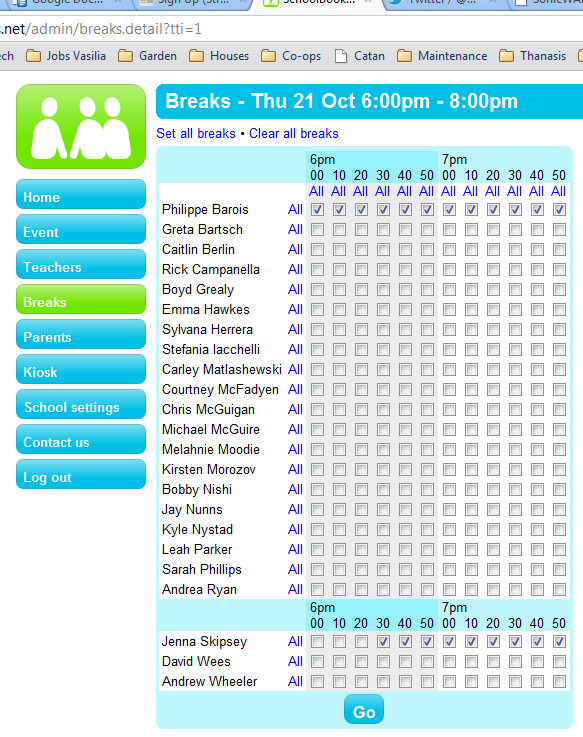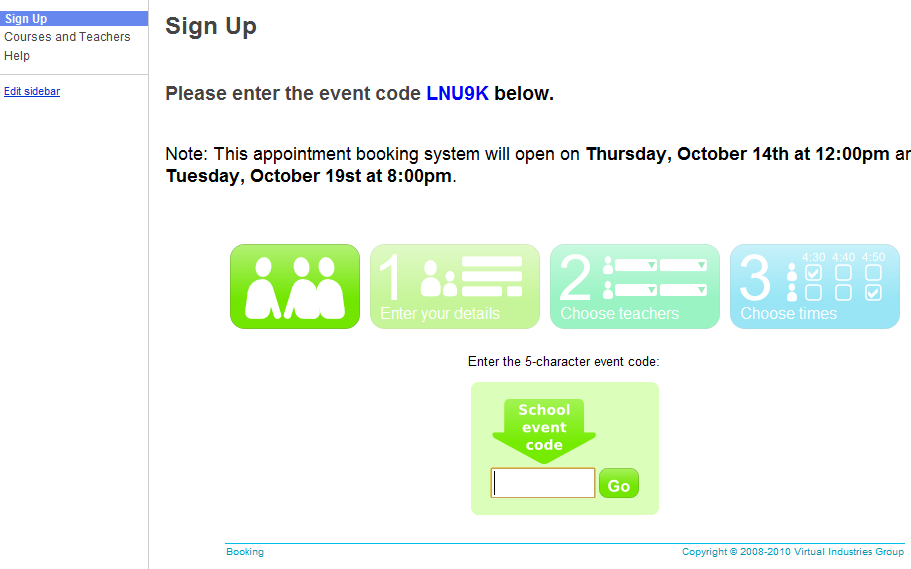I remember growing up in a world where the common wisdom was that if you let kids sort out problems for themselves, it builds character. I remember spending every day after school hiding from bullies who wanted nothing from me except my flesh to beat on. I remember living in fear.
I couldn’t tell anyone. Or if I did tell someone, nothing happened. It was futile to ask for help when there was none available. No one could fight those battles for me, and I felt miserable everyday. I wanted to die. I spent every day at school feeling alone.
I remember being held from behind and kicked in the chest during lunch time inside an unsupervised classroom. I remember being FAST and running across a field with a crowd of boys behind me and then hiding in the woods once I had outpaced my pursuers. I remember having a mountain of boys jump me in the school courtyard and being pinned down. I remember the rage I felt which gave me a surge of adrenaline, and enough strength to stand up and toss them aside like rag-dolls. They were scared of me then, at least for a little while.
I remember telling my crush I liked her and then awful painful next day at school as she told EVERYONE at the school about my crush and how stupid I was to think that anyone could possibly like me back. I remember a middle school dance where a girl came up and ask me to dance, then when I accepted, told me to f**k myself. I didn’t go to many dances after that.
I remember the pity that the nice people felt toward me. How they treated me like some lost puppy they had to take care of, but how they wouldn’t speak up whenever I was bullied. Some of them even danced with me at the middle school dances but never for the right reason, never because they thought I was cool.
I remember having a few friends who were like me. We stayed after school and played Dungeons and Dragons, and I remember that it wasn’t the game so much that I liked, but the feeling that I had some friends. We played a lot and got harassed for it, but what else could we do? The only other activity that wasn’t full of people who wanted to kick the s**t out of us was drama or choir, and most of us did those types of things too. We weren’t all talented people though, and I remember that there were people in our group that even I pitied.
I remember outwitting my bullies. There was one who would challenge me to a fight every day after school and we would establish some place behind the school to fight. I would wait in the front office until just before my bus came, and then run out to catch it, leaving my bully behind to fume.
I remember taking Tai Kwon Doe for two years so that I could learn to defend myself, and then being told that I wasn’t allowed to use my martial art training in "that way." I remember having to write a long essay after finally snapping and defending myself with a high kick to the face that drew blood. I remember angry parents writing letters to the school saying that I shouldn’t be there, that I was a menace to their kids. I remember a look of hatred from the sister of the boy I kicked and her saying, "You should be in jail!" I remember feeling like s**t and vowing never to use violence again. I remember quitting the martial arts club because of the concern I had I wouldn’t be able control myself in the future, and I didn’t want to know how to seriously injure people.
I remember that when I started high school that it got better. My bullies were small compared to the 12th graders, but active and aggressive and so they became the bullied and I got a reprieve. I remember discovered that there were tonnes of people like me as I was placed in the honours stream at school for the first time. I remember that these people had true compassion and were able to look past the broken exterior of the child in front of them and see an amazing me.
I remember growing in confidence as I sang in the choir and acted in school plays. I remember that before I acted that the only class I had any confidence speaking in was mathematics class. I remember feeling like for the first time that I had a voice. I remember feeling like it was okay to be smart and maybe a little bit weird. I remember that it got better.
I remember going off to university and having the confidence to talk back to the bullies that were there as well. I remember being forced into an all guy dorm and thinking that most of them were pretty okay but some of them were real a******s. I remember living with some stereotypical jocks in a dorm in 3rd year and realizing that I didn’t need to take their bulls**t, I could move on and I did.
I remember discovering the War Gamers club and Safewalk and recognizing that I wasn’t alone, that there were lots of people like me. I remember eventually being one of the cool kids on campus and running the Billiards & Mathematics clubs, and being on the board of the War Gamers club. I remember being recognized for my 9 years of service in Safewalk and knowing that people would actually miss me when I was gone. I remember the first friends I had who actually loved me and respected me and with whom I could share my innermost thoughts and feelings. I remember wondering if everyone had their first deep friendship in university. I remember that it got better.
I remember being depressed for a while and going off track. I remember being pulled back into reality by my aunt, who found me a job in the warehouse in which she worked. I remember hating the work beside the very same kind of person who used to bully me, but I remember becoming powerful and being able to load crates of beer onto pallets at a frightening speed. I remember being respected by the people who were like my bullies and making friends with some of them. I remember being able to forgive my bullies from many years ago. I remember making a decision to go back to school and quitting work the very same day I found out I had been accepted to join the education faculty at UBC.
I remember loving learning how to teach. I remember finding my calling. I remember the first time I stood in front a class full of 8th graders and how nervous I felt. I remember struggling at first but finding the confidence to continue. I remember that I became a teacher not for a love of math, or because I wanted some money, but so that I could help kids like me. I remember the first time I asked for the class’ attention and got it instantly without effort. I remember that this was the first time I really felt like a teacher.
I remember meeting my wife and how much we were in love, and the birth of our son. I remember being really happy all the time. I remember that I never feel lost or lonely, except for a while after my Dad died, and even then being so grateful I had a family. I remember that it got better. I remember waking up everyday and being so grateful that the teenager who was once me lacked the courage to end it all. I remember because I am here to do so, and I remember that I need to do more to stop teenagers from making decisions that will prevent them from being happy people like I now am.
This blog post is inspired by the It Gets Better project which I think is an awesome idea and I wish existed when I was a kid and serves as a reminder for me of why I became an educator.
